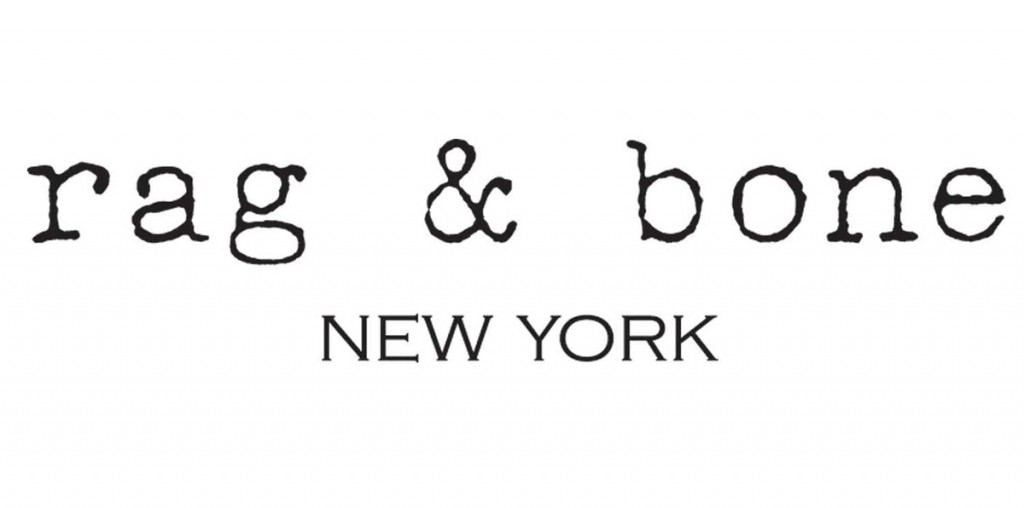There are many high-end brands that are trying to be sustainable.
Name of the brand: Stella McCartney
Store link: Stella Mccartney
Instagram:@stellamccartney
Stella McCartney launched her first collection in the early nineties. The brand is Cruelty-free. They do not use fur or leather. Instead, Stella McCartney uses re-engineered cashmere, ethically-sourced wool, organic cotton, and recycled textiles. In 2014, Stella McCartney introduced Clevercare. This is a five-step labeling system to help consumers care for and prolong the life of their clothing through mindful garment care. Stella McCartney also regularly conducts audits and measures its ecological impact. Stella McCartney also collaborates with numerous Nonprofits and environmental conservation organizations which have included Wildlife Works and Parley for the Oceans.

Name of the brand: Eileen Fisher
Store link: Eileen Fisher
Instagram: @eileenfisherny
Eileen Fisher is known for her use of recycled fabrics, organic fibers, and natural dyes in production. The store even has its own signature fabric: Silk Georgette Crepe. This textile is dyed without hazardous chemicals in the world’s only dyehouse to produce bluesign® certified silks. Eileen Fisher also collaborates with environmental conservation initiatives, supports local artisans by bringing them to the store, and empowers women through the Eileen Fisher Leadership Institute. The company also has a goal of recycling over one million pieces by 2020.

Name of the brand: Rag & Bone
Store link: Rag & Bone
Instagram: @ragandbone
Rag & Bone was founded by Marcus Wainwright (now the sole owner) and Nathan Bogle in 2002. Initially, the brand was launched as a denim label. In 2017, Rag & Bone partnered with Cotton Incorporated's Blue Jeans Go Green to launch a denim recycling program. This program encourages customers to bring in their old jeans to a store for recycling and repurposing. After the jeans are donated by the consumer, the denim is then recycled and transformed into insulation for homes.
Name of the brand: Mara Hoffman
Store link: Mara Hoffman
Instagram: @marahoffman
Mara Hoffman graduated in 2000 from the Parsons School of Design and then started her own label. The brand uses recycled fabrics, fibers, hemp, linen, and organic cotton. The company also uses sustainable packaging. he brand uses alternative approaches to fashion production by using an array of sustainable fabrics. In her swimsuit line, she uses ECONYL® ( regenerated nylon fiber made from waste and REPREVE® (polyester fiber made from recycled plastic.) Mara Hoffman also chooses to use hemp, organic cotton, linen, ethical alpaca wool, and fibrous plant-based materials sourced through Lenzing Group for the ready-to-wear collections.
Name of the brand: Loup Charmant
Store link: Loup Charmant
Instagram: @loupcharmant
This brand started in 2006 in NYC by designer Kee Edwards. Their feminine clothes use sustainable fabrics such as Silk, organic cotton, linen, and hemp to create "airy" and "effortless" looks.
Name of the brand: Ninety Percent
Store link: Ninety Percent
Instagram:@ninety_percent
Ninety Percent is a London-based contemporary label that was launched in 2018. The company is dedicated to using materials like 100% organic cotton, Tencel and hemp to create luxurious and comfortable clothing. They also donate 90% of the proceeds to a range of charitable causes and work closely with there manufacturing facilities in Bangladesh and Turkey to make sure all of their workers are getting their rights.
 Name of the brand: EDUN
Name of the brand: EDUNStore link: EDUN
Instagram:@EDUN
In 2005, Ali Hewson and Bono founded the Edun label. The company name is "nude" spelled backward. The backward spelling of the name is to suggest both "natural" and the Garden of Eden. In 2007, Edun created a new division called Edun Live, a tee-shirt company which is 100% grown and sewn in Africa. The next year, Edun established the Conservation Cotton Initiative Uganda (CCIU.) The CCIU provides funding, training and enterprise support to cotton farmers, pickers and planters to help build sustainable businesses in Northern Uganda.


No comments:
Post a Comment